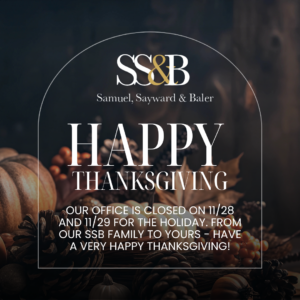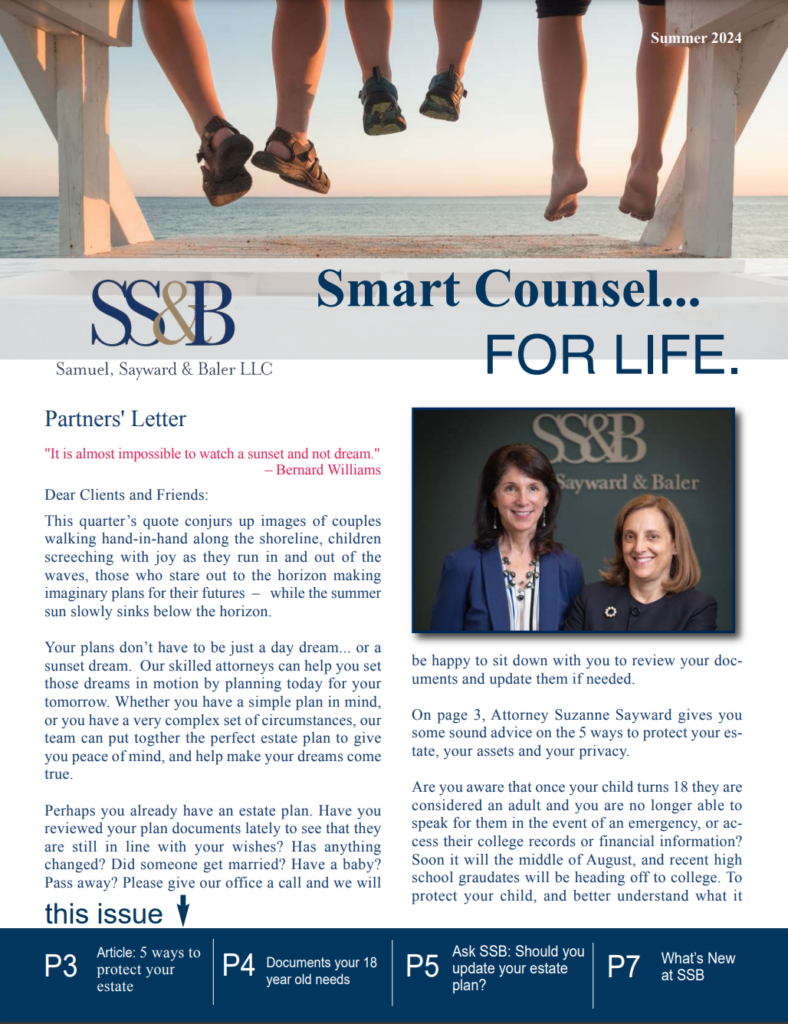The Corporate Transparency Act (CTA) is a federal law passed in 2021 with a start date of January 1, 2024. The purpose of the law is to reduce money laundering and tax fraud. The manner in which Congress seeks to achieve this goal via the CTA is to require every ‘entity’ (other than those that are exempt) to file a report with the Financial Crimes Enforcement Network (FinCEN) disclosing detailed information about the individuals who are associated with the entity as owners and as managers who exercise substantial control. This is called a Beneficial Ownership Information report or BOI. An ‘entity’ is defined as a company that was formed by filing with the Secretary of State’s office.
This law primarily impacts small businesses formed as a corporation or an LLC. Those who created an LLC to own their rental or investment real estate for liability protection purposes are also required to file a BOI. The government estimates that the filing requirements will impact more than 32 million companies that were in existence before January 1, 2024 and an additional 5 million entities formed in 2024 and each year going forward. The estimated cost to administer this law is $22 billion, plus an additional $2 billion each year for updated reports.
The law requires entities in existence as of January 1, 2024, to file their Beneficial Owner Information report no later than January 1, 2025. Entities created during 2024, were required to file with FinCEN within 90 days. The law carries very steep penalties for failure to timely file.
Needless to say, many people are unhappy with this law and argue that is an unwarranted governmental intrusion. Lawsuits have been brought against the federal government to prevent its enforcement.
Here’s a brief overview of the major legal wrangling over enforcement of the CTA as of today (January 15, 2025):
- On December 3, 2024, a federal district court judge for the Eastern District of Texas issued a nationwide preliminary injunction prohibiting the government from enforcing the law.
- The federal government appealed the injunction and on December 23, 2024, a 3-judge panel of the Fifth Circuit Court of Appeals lifted the injunction reinstating the filing requirement. Following that ruling, the filing deadline was extended from January 1, 2025 to January 13, 2025.
- On December 26, 2024, the Fifth Circuits merits panel issued a ruling reinstating the nationwide preliminary injunction against enforcement of the CTA. This is where the law stands today. FinCEN has updated its website with a statement to the effect that reporting companies are “not currently required to file beneficial ownership information with FinCEN and are not subject to liability if they fail to do so while the order remains in force. However, reporting companies may continue to voluntarily submit beneficial ownership information reports.”
The Fifth Circuit has put this matter on an expeditated tract. Briefs from both sides are due by February 28, 2025 and a hearing on the matter is scheduled for March 25, 2025.
So small business entity, you are safe from the CTA reporting requirements for the time being but you may want to be ready to file on a moment’s notice if the matter is resolved in the government’s favor and a short deadline enacted.
Attorney Suzanne R. Sayward is a partner with the Dedham firm of Samuel, Sayward & Baler LLC which focuses on advising its clients in the areas of estate planning, estate settlement and elder law matters. She is certified as an Elder Law Attorney by the National Elder Law Foundation, a private organization whose standards for certification are not regulated by the Commonwealth of Massachusetts. This article is not intended to provide legal advice or create or imply an attorney-client relationship. No information contained herein is a substitute for a personal consultation with an attorney. For more information visit www.ssbllc.com or call 781/461-1020.
January, 2025
© 2025 Samuel, Sayward & Baler LLC



